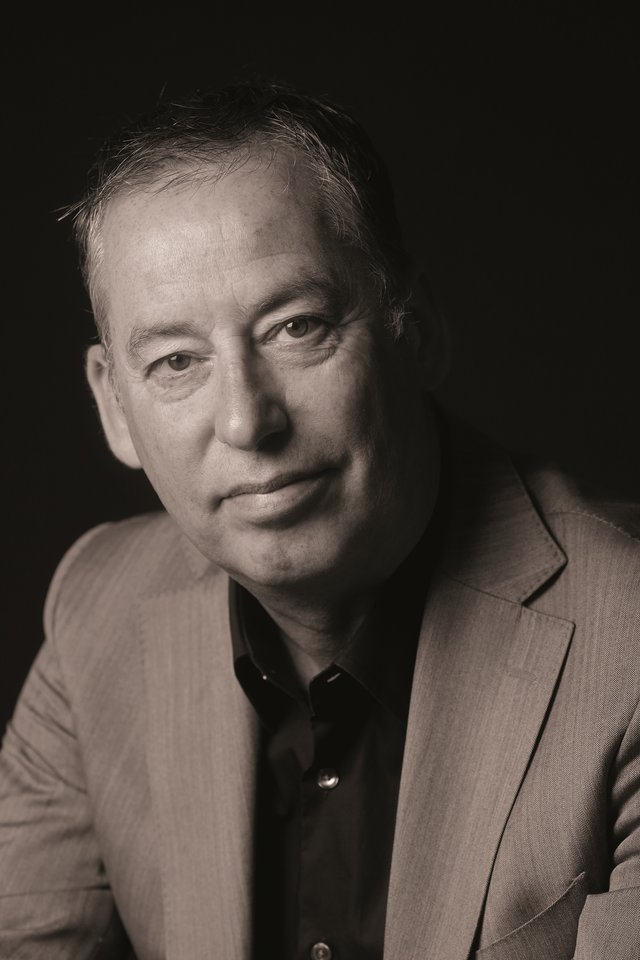Response by the Rector Magnificus, Tim van der Hagen
At TU Delft, quantum technology is one of our strategic priorities.
Together with TNO, we have established QuTech as our mission-driven institute for quantum computing and quantum internet. We are committed to combining excellent research and engineering to advance quantum technology. We help deliver this technology to the market by supporting startups and connecting to industry, and we’ve set up innovation ecosystem Quantum Delft to accelerate this process. We actively support the national initiative Quantum Delta NL, and we will soon welcome the House of Quantum to our campus as a nationwide meeting place for researchers, industry and society to discuss and develop quantum technologies.
We are convinced quantum is the future. For us to keep fulfilling our mission of educating future generations of engineers and performing innovative research in physics and other fields, quantum computing should become a comprehensible and applicable technology. That is why we are committed to the development of a common and multidisciplinary language for quantum computing. We’re also setting up an interdisciplinary Master’s programme on Quantum Information Science and Technology, and members of various faculties have teamed up with quantum scientists to work on the interface between user and quantum computer.
We are convinced quantum is the future...quantum computing should become a comprehensible and applicable technology.
As TU Delft, we value open science and open education wherever possible, though geopolitical issues or agreements with partners can set limits to what we may or should disclose. An emerging technology such as quantum computing will benefit from open access to research results and education materials, enabling the scientific community as a whole to make the most of our advances. TU Delft is also committed to honest and truthful communication about the reality of technological progress to academia and to society as a whole.
At TU Delft, we are helping to develop and deliver technology-driven, innovative solutions to societal problems. We explore potential applications of quantum computers in a broad range of fields in industry, science and society. We align our research and education to the Sustainable Development Goals of the United Nations, and quantum computing could contribute to realizing those goals as well. How this contribution can take shape is a research question in itself, and I invite scientists and engineers at TU Delft to take up this question. In this regard, our vision teams are also an essential part of our responsibility of interacting with society and exploring how the technologies we work on can have a meaningful impact on society. I hope you have enjoyed the contents of this magazine and had an informative and inspiring look into quantum computing!
